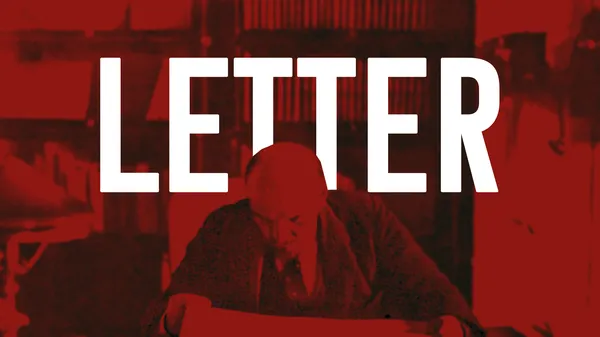Dear Cosmonaut,
I'm a Hungarian historian and philosopher with a lively interest in Socialist and Marxist ideas; but I'm not a convinced Marxist. For me, Marx's theory of surplus value is not convincing. My main problem with the theory is precisely the idea that dead labor (i.e. machines, raw materials) does not create surplus value, and that because only living labor can do this, the unpaid living labor of the workers is the sole source of capital's profit. My favorite author on Marxian economics is Steve Keen, who recognizes much merit in the Marxian economic, to the point that he founds his Post-Keynesian economic theory on some Marxian economic axioms. But he rejects the idea that only living labor creates new labor, surplus value - and that machines and other non-labor inputs only transfer the value embodied in them into the commodities produced by them.
Considering these issues, I was very glad to find in your magazine an article by Ian Wright on just this topic. If I understood Wright's argument, the thrust of his article is something like this: labor has an unique feature (which machines, or other non-labor inputs don't have): the ability to innovate, to create new methods, to increase the productivity of labor, the profits, and the surplus. Thus only labor creates the surplus, the machines don't create it, and the whole surplus is the result of the exploitation of living labor.
Now the starting point seems to me right. Only the human labor can change the conditions of production, to adapt, to innovate, to discover new possibilities for increasing surplus product, surplus value, and profits. And this consideration of Ian Wright justifies something like Marx's "tendency of the rate of profit to fall." As a historical tendency capitalists invest a greater share of their capital into the "non-innovative," non-creative constant capital, then in "innovative" living labor. Thus capitalist accumulation reproduces and enhances only a given form of social production, a given form of social wealth - it doesn't exploit the creative possibilities hidden in living labor, in human beings.
But this doesn't justify Marx's position that the exploitation of living labor is the sole source of profit. If, as in Ian Wright's example, one of two taxi firms apply robots instead of human drivers, while the other retains human drivers, then it is possible, or even likely, that, in the future, the second firm's profits will rise, while the first firm' s profits remain the same level, due to the creativity and innovative capacity of the human drivers. But the GIVEN level of profit (amount of profit) of the first firm is the result of the machines' work, the robot drivers' work - and the capitalists deserve their share of profit for investing these capital goods (the robots) into the production. And it is even possible, although not likely, that the capitalists' capital - the money by which they bought the robot drivers - is NOT the result of exploitation, but their hard work, preference of saving, and investing instead of consuming. Doesn't Marx's theory teach, that the sole source of capitalists' profit is the exploitation of the living labor, it is the "theft of alien labour"?
In my view the reason, the cause of the exploitative nature of capitalism is not that only living labor creates value, but that the "cooperation" of dead labor (capital) and living labor in production is not a cooperation of free and equal "parts," but a form of forced cooperation, because the capitalist class monopolizes the means of subsistence, workers are forced to sell their labor-power to the capitalists in the labor market. As Marx analyzed with a wonderful clarity, in American capitalism the labor market and capital accumulation couldn't develop in early-nineteenth century America because there was plenty of free soil on the frontier, in the west.
In solidarity,
Miklos Szalai
Liked it? Take a second to support Cosmonaut on Patreon! At Cosmonaut Magazine we strive to create a culture of open debate and discussion. Please write to us at submissions@cosmonautmag.com if you have any criticism or commentary you would like to have published in our letters section.
